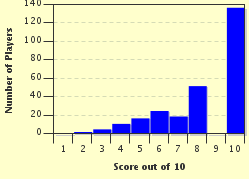
Gee Whiz: The Global "G" Cities Quiz
Here is a selection of well known "G" cities from around the globe. All you have to do is to match them to their respective country. This is a Sprint Reloaded Challenge.
A matching quiz
by 1nn1.
Estimated time: 3 mins.
